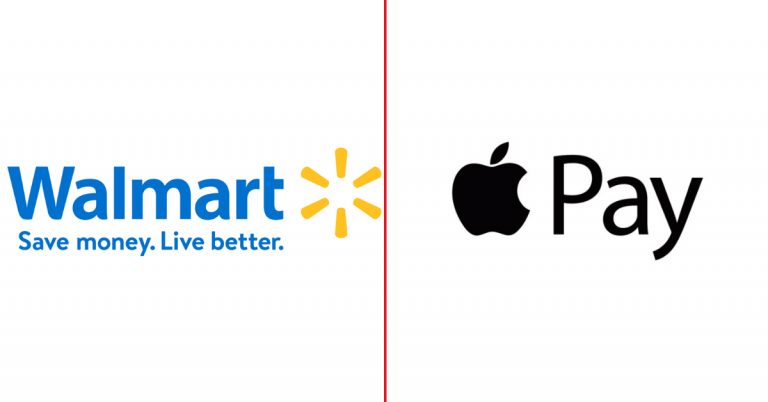How technology enhanced the blackjack gaming experience

Whenever we look at how gaming has evolved, sometimes we can wonder how certain games have managed to prevail over the years, despite massive competition and greater choice than ever before. Yet while certain games rise and fall in popularity, blackjack has always been around in one form or another, even going on to enjoy something of a resurgence over the last couple of decades.
Just like many gaming niches and genres, blackjack has been unable to escape changing times and technologies, although this classic card game has certainly reaped the benefits. As have the players themselves, who now enjoy more interesting and exciting ways to participate, ranging from the latest AI technology advancements to stunning VR implementations.
Considering the game has been around for such a long time, let’s take a look at how the game originated and then reached many distant shores, before heading into a new digital era which brought further ways for blackjack to develop and evolve. This has been a long journey and remains one that is far from over.
Where did blackjack originate?
Scholars and historians continue to debate the origins of blackjack, given anecdotal findings dating back to the Roman period, but there is a general consensus regarding the first recorded references to the game itself. This is thanks to the writings of Miguel de Cervantes, the famed Spanish playwright and author who formed part of the European Renaissance literary movement.
Perhaps best known for publishing Don Quixote over two parts in 1605 and 1615, the Spaniard is also credited with the first known reference to the Vientiuna card game, already thought to be widely played in his country during this period. Cervantes was actually a gambler of some renown himself, therefore this reference in his Novelas Ejemplares is hardly surprising, recounting how characters in the Rinconete y Cordillo story would play the game.
The core idea of the game had changed little when it later emerged as Vingt-et-un in France, then became known as Pontoon or Twenty-One in English, only later adopting the Blackjack name once Europeans had settled colonies in the Americas and Australia. The first “Black Jack” references emerged prior to the First World War, apparently when gambling houses offered bonuses for certain hands, particularly those featuring a Jack of Clubs or Spades.
Blackjack itself has largely remained the same over the last couple of hundred years, using a standard 52-card deck, although certain rules were introduced when the game was played at casinos. The aim of the game also largely remains the same, as players aim to achieve the highest hands without going beyond 21 in total.
Online and mobile blackjack
Wondering how such a classic card game can evolve is quite fascinating to explore, which is precisely what has happened with blackjack during the internet age, exposing more people to the game itself and attracting far more participants than ever before. Likewise, thanks to the massive boom in online and mobile gaming platforms, the popularity of blackjack has risen significantly over the last couple of decades.
Convenience has become the key attraction for online casino games including blackjack, which are now available from the comfort of home or via mobile devices anywhere, accompanied by ease of access 24/7 and on-demand whenever participants wish to play. Likewise, there are also many more playing options and blackjack variants online, compared to those typically found at land-based casino venues.
Of course, this also means that players are advised to do their homework, given that no two casino sites offer the same range or choice of casino games. Getting the top blackjack sites rated by TopAustralianGambling.com is certainly a handy resource, highlighting which sites Down Under feature the safest and broadest selection, alongside covering the latest offers and promotions.
Casino sites are able to provide blackjack players with far more options, especially via their online desktop and mobile platforms, which also bring forth new and intriguing ways to enjoy the game and its variants. Thanks to improvements in video streaming technology, live dealer games are now available, featuring other human players and a real croupier hosting the games, just to add extra spice to the gaming fun.
The future of blackjack
In many respects, the future of blackjack has already arrived in the online age, now that simple and easy access to games is widely available. But online casino software and games developers are always keen to improve our experiences, presenting the opportunity to push technological boundaries, exploring how to entertain and engage new audiences. And some of their ideas are fascinating, to say the least.
One avenue that is already making waves at online casinos, Virtual Reality (VR) blackjack has been welcomed for adding an entirely new layers of immersiveness to gameplay. This can range form depositing players around computer generated gaming tables, right the way along to creating entire replicas of the most famous casino venues in the world. Undoubtedly, this will be one way to generate authentic sensual feedback from players.
Further exciting possibilities have risen via Artificial Intelligence (AI) integration, opening up an entirely new realm of possibility for game developers. While there are some fears about in Australia, tech organisations and companies are keen to embrace the current advances, including those within the casino gaming sector. They believe AI can help improve the blackjack gaming experience, among others, while also providing tools for humans to analyse and better their gaming performance.
Finally, one thing that will remain constant is the quintessential gameplay of blackjack itself. No matter how many variants are developed and regardless of any new technology involved, blackjack is one of those timeless classics that will continue to entertain people. The core of this game is its very simplicity, which is the one key facet of the game that nobody feels the need to change.






